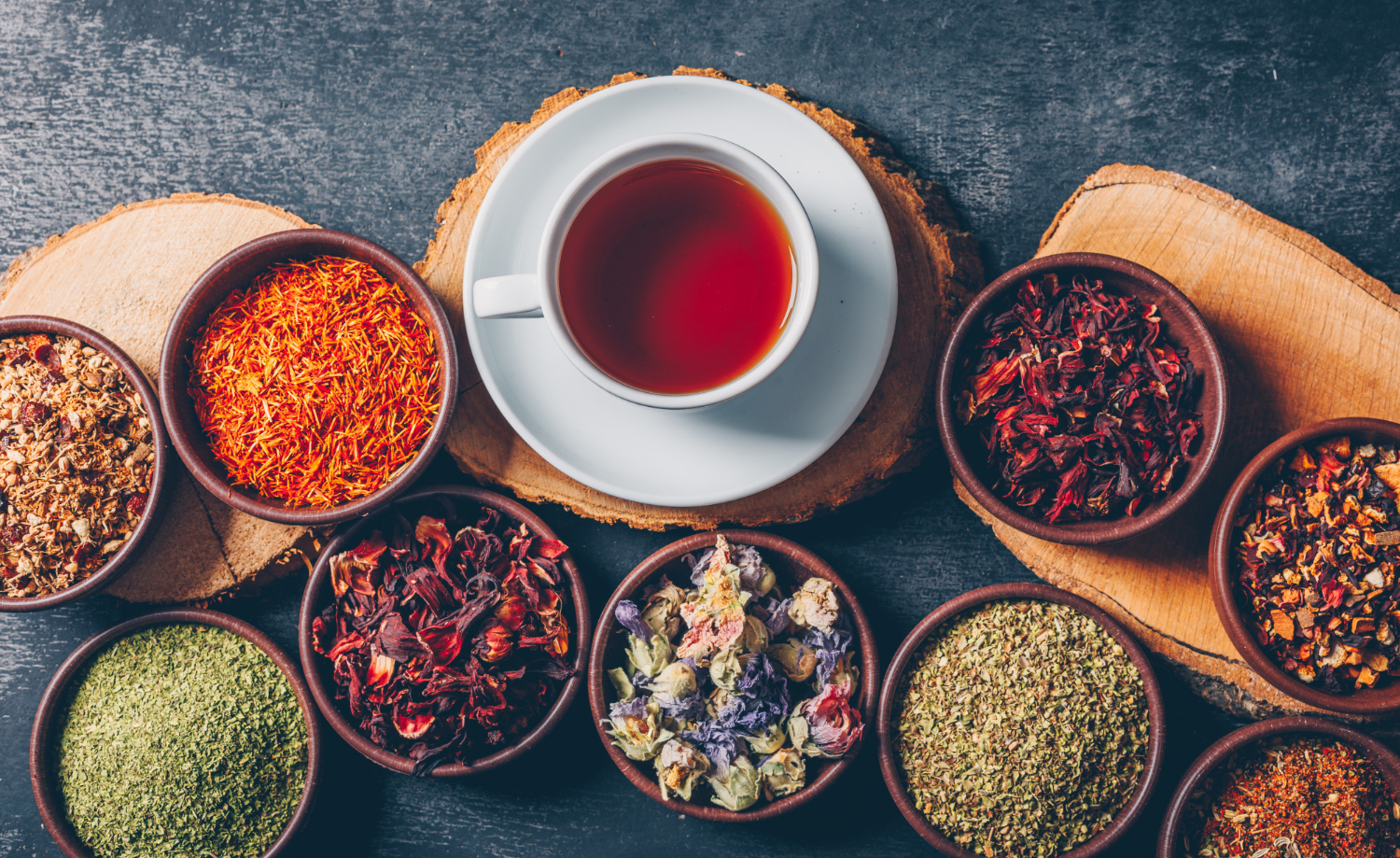I’ve gone through stages of being a super-caffeine drinker to a low or no caffeine drinker. There are different views on caffeine some are health supportive while others say that caffeine can be detrimental. I typically look at each person’s lifestyle, health, diet, and hormones to determine if caffeine should be eliminated.
TO CAFFEINATE OR NOT TO CAFFEINATE.
Caffeine can be great to get you focused, get work done, and wake you up. What you have to consider is are you using caffeine to function through your day. Is it keeping you up at night disrupting your sleep? Does it make you edgy, jittery, anxious, or irritable? If you answered yes to any of these questions then you should probably consider cutting back or eliminating caffeine.
Caffeine can give a sense of “false” energy. If you have low adrenal function the caffeine might be keeping you going when in reality you need to be resting and slowing down. It can push your adrenals to more and more dysfunction leaving you even more depleted but wanting to go to caffeine more than ever. A vicious cycle.
Stopping caffeine is a good start to stop this vicious cycle but it also requires supporting your body to heal and restore balance and optimal functioning. I suggest making an appointment to restore health and balance to your life. Keep reading though to get started on cutting back on the caffeine. Then give the office a call to take it to the next level.
You can quit caffeine cold-turkey. This typically results in withdraw symptoms like headaches and more fatigue. There is an easier way.
HOW TO EASILY QUIT CAFFEINE.
I’ve quit caffeine in the past and I have always used this protocol with great success. I’ve also done it before starting a cleanse when I’m eliminating caffeine among other foods.
Days 1-2 – switch to decaf coffee or black tea
Days 3-4 – switch to green tea
Days 5-6 – switch to white tea
HOW MUCH CAFFEINE IS THERE?
Many people think that decaf coffee is void of caffeine. That would be amazing – especially if you love the flavor of coffee but can’t handle the caffeine. Unfortunately it’s not true. Here’s a quick guide showing you caffeine amounts.
Here is a rough guide to caffeine amounts:
- Coffee ~ 95mg/ cup
- Yerba mate – 70 mg (French press) or 30 mg from tea bag
- Espresso ~ 63mg / shot
- Black tea – 40 mg
- Oolong tea – 35 mg
- Green tea – 30 mg
- White tea – 15 mg
- Decaf – CO2 or Swiss Water processed ~ 6mg varies depending on brands
(avoid chemically decaffeinated coffees or teas) - Herbal teas – 0 mg
One thing to also remember is the way that you prepare your caffeine also affects how much caffeine is in the cup. For example espresso has more caffeine per volume compared to coffee. And the more beans or tea leaves you use the more caffeine.
WHAT TO DRINK IN THE MORNING?
That hot morning cup of coffee or tea can be a very comforting ritualistic part of your day. I personally just like holding a hot cup of liquid in the morning while meditating or breathing. There’s something about the warmth that helps to ground and ease you into the day. What can you have instead of a cup of joe or tea?
Herbal teas or the more recently popular mushroom teas are a wonderful substitute. There are some great flavors like chai latte, brain formula, and immune boosters. The mushroom teas have an earthy grounding flavor that has wonderful health benefits. You can get the mushroom teas on my fullscript store! or at any grocery or health food store.
Herbal teas are plentiful depending on your taste preference. I like the many different tulsi teas with added herbs – these are wonderfully delicious and have health benefits as well.
Cutting back or cutting out caffeine can help you get to your health goals and feel better. Using my simple way to quit caffeine will make the process less painful. If you’re using caffeine to get through your day give me a call and we can figure out the real cause of the fatigue and start helping you feel better.


